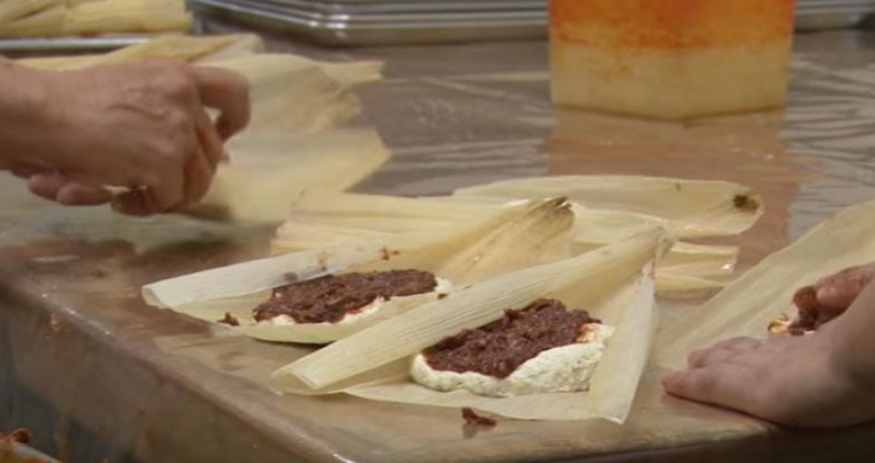Hobbs orders ADHS to implement ‘tamale bill’ to avert delay
Reagan Priest Arizona Capitol Times//September 26, 2024//
Hobbs orders ADHS to implement ‘tamale bill’ to avert delay
Reagan Priest Arizona Capitol Times//September 26, 2024//
Gov. Katie Hobbs has directed the Arizona Department of Health Services to immediately begin enforcing the newly effective “tamale bill” after the agency told at-home food vendors it needed to go through a rulemaking process first.
ADHS’ website said its Cottage Food Program had not yet been updated to include provisions from House Bill 2042, which went into effect on Sept. 14. The agency told vendors it would take an additional year for rulemaking to change the program’s policies related to the foods that can be sold by at-home vendors.
After the Institute for Justice, a national law firm representing those vendors, sent a letter to ADHS saying it cannot delay the enforcement of HB 2042, Hobbs directed ADHS to begin implementing the law and ADHS removed that language from its website.
“As soon as the issue was brought to the governor’s attention, she directed ADHS to immediately enforce the new law as written, update their website for small business owners and begin rulemaking to develop rules where applicable,” said Christian Slater, Hobbs’ spokesman. “Governor Hobbs signed HB2042 to cut red tape for small businesses and will continue working to ensure they have freedom to operate without onerous regulations.”
HB2042, more popularly known as the tamale bill, expands the types of food that at-home vendors can sell to include items that require refrigeration like meat, dairy products or pastries. According to the Institute for Justice, a local vendor was asked to stop selling vanilla extract and canned vegetables until ADHS could update agency rulemaking to comply with the tamale bill.
Will Humble, a former ADHS director and current director of the Arizona Public Health Association, said rulemaking is necessary to determine punishments for violations of food safety requirements, but said ADHS should have been further along in the process. Humble pointed out that the agency has had since Hobbs signed the bill on March 29 to begin the rulemaking process, but did not open a docket on the rules until May 10.
“They knew it was going to become effective, so they should have started the rulemaking right away, given the level of public interest in this,” Humble said.
He led the agency through its implementation of medical marijuana rules in the 2010s and said the tamale bill’s rulemaking is “child’s play” in comparison. Humble said the agency should have had a draft proposal of the rules out for public comment already.
“With this, the Legislature basically provided everything that you need,” Humble said.
ADHS’ stalling on the rules could create a further delay if Proposition 315 is approved by voters this year, Humble said. The legislative referral would require state agencies to get approval from the Legislature on policies that will increase regulatory costs, implementing another step that could slow or even halt the enforcement of the tamale bill.
Humble said the public pressure and directive from the Governor’s Office will likely give ADHS incentive to speed up the rulemaking process.
HB2042 made it through the Legislature and was signed by Hobbs during this year’s session after it died dramatically during the 2023 legislative session. Hobbs vetoed that bill after ADHS opposed it, which prompted Republicans to unsuccessfully attempt to override the veto.
Hobbs said in a veto letter that the looser restrictions would create a greater risk of food-borne illnesses. Rep. Travis Grantham, R-Gilbert, reintroduced the bill this year with some changes to address those concerns from Hobbs and ADHS. It passed with bipartisan support in both chambers after Democrats voted against overriding Hobbs’ veto in 2023.
Grantham called the ADHS delay “government bullying.”
“That’s a ridiculous excuse for them to drag their feet and try to fight this law that they don’t like,” Grantham said. “They’re just stalling. They’re just being bureaucrats. They’re just being defiant. Quite honestly, they’re supposed to work for the people and not against the people, and it’s quite despicable.”
ADHS did not immediately respond to a request for comment.














































